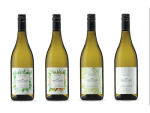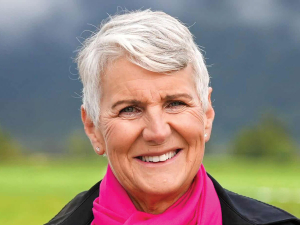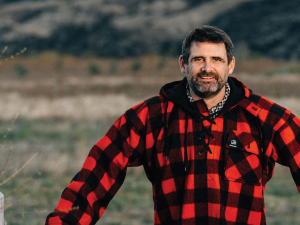The question many people are asking is, 'which trade deal will it be: the Trans Pacific Partnership (TPPA) or the Regional Economic Partnership (RCEP)?'
So much focus has been on the TPPA it is very likely few people in New Zealand know anything about RCEP. The main difference is that the TPPA has the US as one of the partner nations, but not China; while, the RCEP has China as one of the partner nations, but not the US. Neither the US nor China is in both the TPPA and RCEP. For many nations, preferential access to both the US and China is a major goal.
The Peterson Institute assessment is the TPPA will increase annual real incomes in NZ by $US6 billion – 2.2% of our gross domestic product. It will increase our annual exports by $US9b --10.2% of our exports over baseline projections by 2030. This is because the TPPA will eliminate 75% of tariffs when it comes into force and 99% of tariffs when it is fully in force. For horticulture there are real trade benefits totalling around $26m per annum directly due to reduced tariffs.
NZ apples, kiwifruit, buttercup squash and onions are the big winners when – and if – TPPA comes into force. For kiwifruit growers this is worth around $6000 for each grower. However, the liberalisation of trade access rules to all the TPPA countries will progressively benefit other horticultural products as well.
The benefits from RCEP are not as yet known or quantified. If agreed, RCEP could include 16 nations and 3.4b people, so the likely advantages to NZ produce exporters will be significant. But the key difference will be that the US will not be in RCEP, but China will. Depending on each export's tariff and non-tariff barriers, for NZ for some exports there may not be a lot of difference between the TPPA and RCEP, provided that Japan, one of horticulture's key markets, is in the RCEP deal. (Japan is a TPPA member nation.)
The real effect of RCEP being agreed and TPPA not being agreed, however, may be felt in the US, as the US will likely face tariff and other barriers erected by China to its exports, along with the other member nations of RCEP.
There are two ironies in this situation.
The first is that tariff free access to the US market for many Asian countries, including China, would be a real bonus. If the TPPA was agreed, China's manufacturing sector would be disadvantaged by TPPA member countries such as Vietnam. The TPPA would increase pressure on domestic US industry from cheaper Asian imports and leave China out of preferential access to the US market. So from China's perspective the TPPA not being agreed is a bonus. The irony is that for different reasons the same result is being advocated by the US presidential candidates.
The second irony is that if the TPPA does not proceed and RCEP does, the US is left out of a significant trade deal in the part of the world where there is real economic growth. NZ's exporters are increasingly targeting Asia, particularly China, due to the potential for large and increasing returns. The US would be left out of these preferential trading arrangements. That in turn would effect US manufacturing, agriculture and horticulture. So the complete opposite of what the presidential candidates want for their US voters may happen. From either the TPPA or RCEP the US domestic industry may suffer.
Whether it is the TPPA or RCEP, NZ needs to be part of whatever trade agreement is agreed. For the growth of agriculture and horticulture we need to be able to export to countries that can pay top dollar for premium produce.
At the moment, that's Asia and particularly China. What we need is preferential access to all our key markets – the US, Europe and China. China we already have, but as with all agreements further refinements are always required.
Progressively the Government is delivering on that through its free trade agreement programme, so ensuring we can grow and generate more wealth in NZ.



















